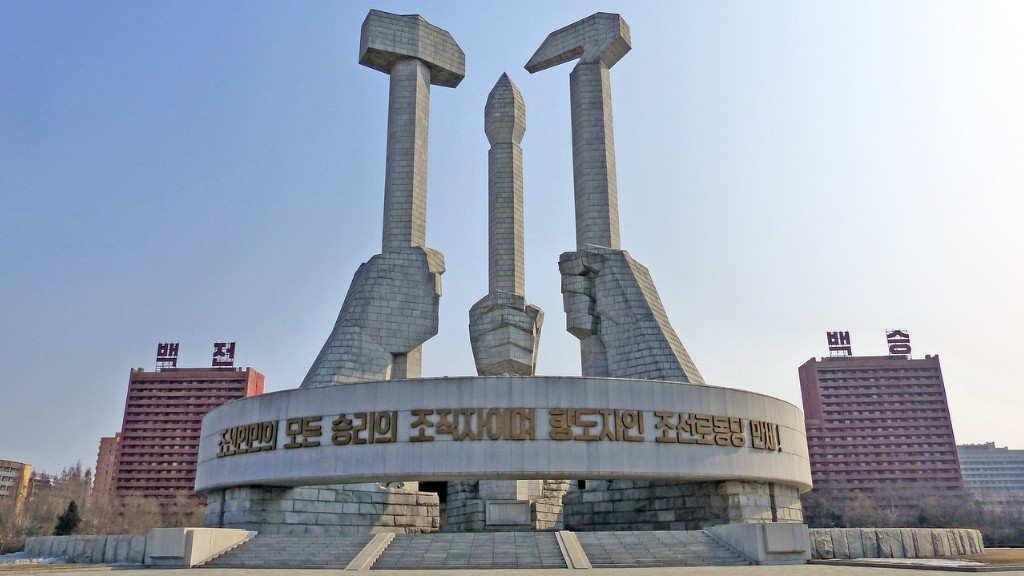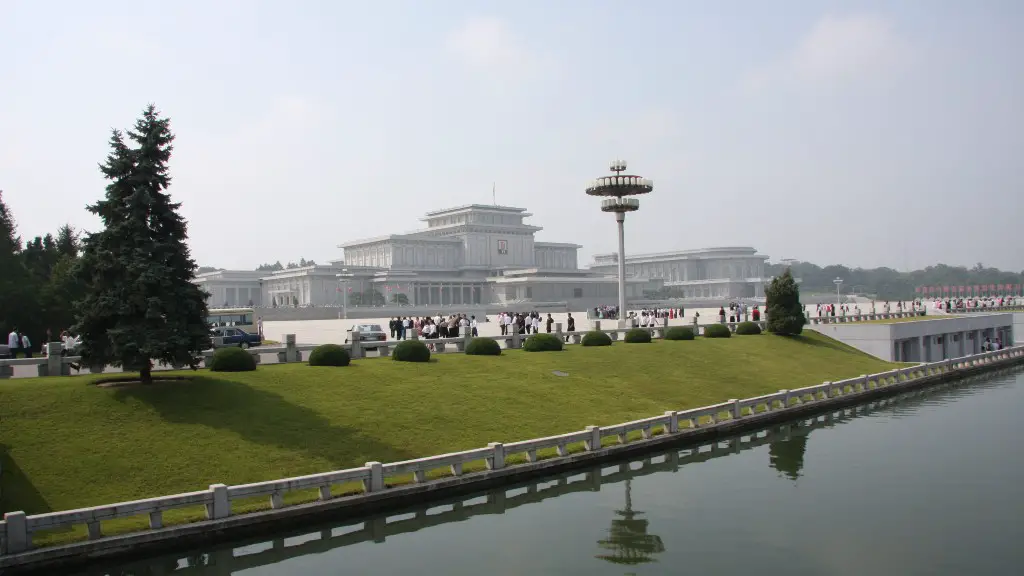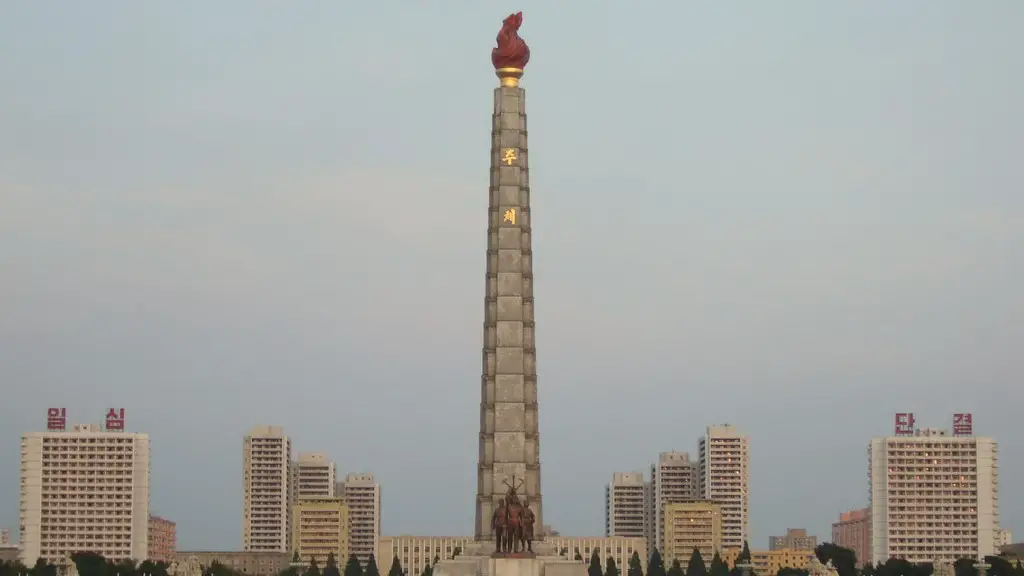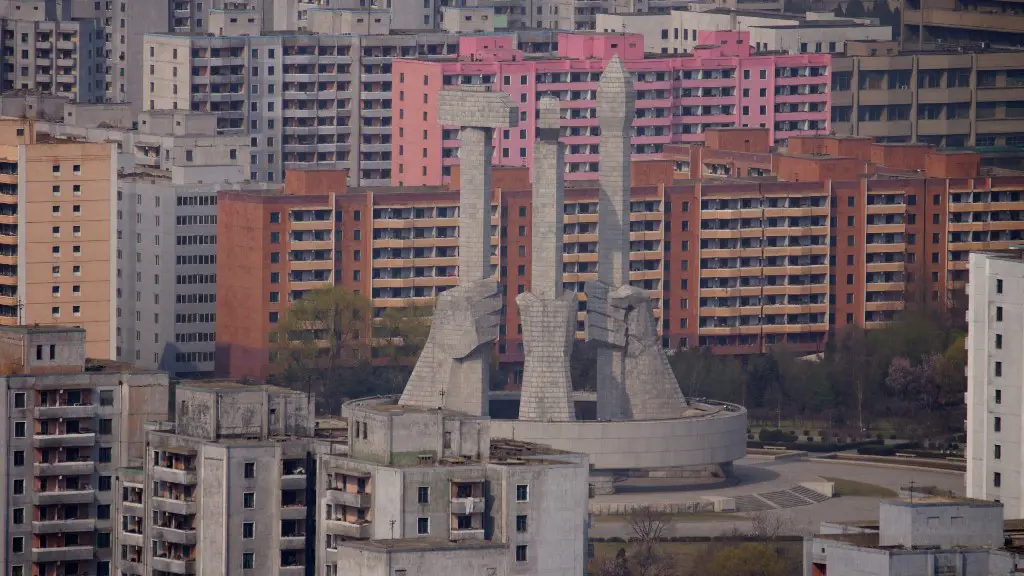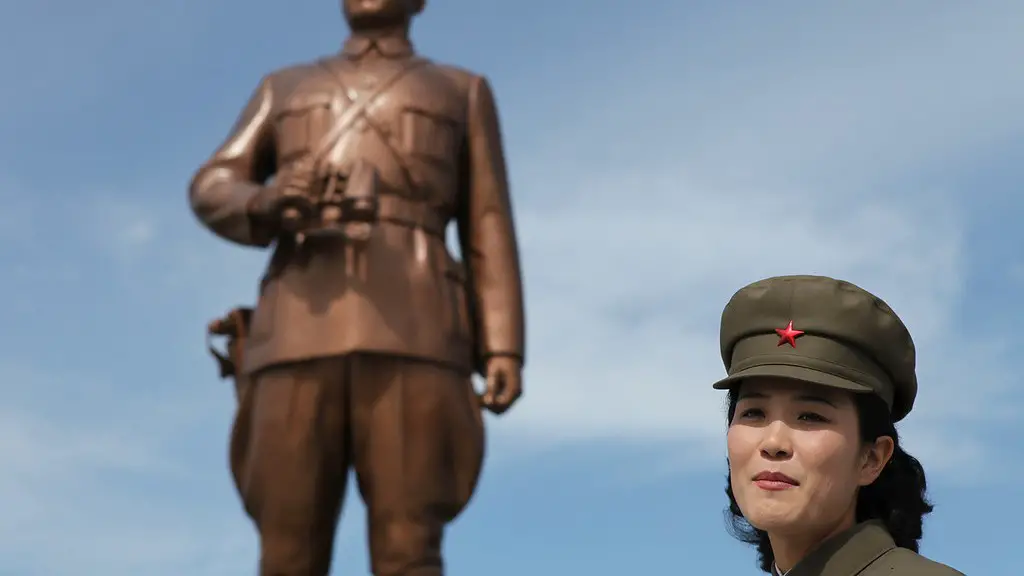In North Korea, citizens are exposed to one source of news,the Korean Central News Agency (KCNA).Isolation and controlling of information is the norm.So, is everyone in North Korea brainwashed?For starters, Media influences our thoughts and those of us who are privileged to have easy access to news are affected by this information.Despite having an idea about North Korea and the current regime,what’s going on behind the closed doors of North Korea is unknown.
Media reports say that North Koreans are certain of their absolute loyalty and love for their nation, which is known as “revolutionary patriotism”. The official ideology is known as the Juche idea and its primary goal is to prepare the citizens of North Korea to dedicate their lives to the service of their nation. Many also believe that North Korean citizens are brainwashed not just to show absolute loyalty and servitude, but also to fall in line with their leader’s ideology.
When it comes to the truth, there are strong arguments both for and against the brainwashing of North Koreans. One of the arguments against brainwashing is that people tend to find ways around governmental restrictions, and the same is true in North Korea – individuals in the country have found ways of communicating with the outside world and learning about different cultures and lifestyles. Another argument that stands in opposition to brainwashing is that North Koreans are still able to love and care for their families, despite being part of a restrictive regime.
People who argue in favor of brainwashing in North Korea often point to how firmly the citizens believe in their leader and the Juche ideology. People in North Korea are heavily focused on the life of the leader and his activities, and North Koreans often express pride in their might and undying love for the country and its leader. The control of information is also a factor as North Koreans are constantly exposed to one source of news, the government-controlled Korean Central News Agency (KCNA). This agency has an undeniable influence over citizens who have limited access to other sources of news.
When it comes to the question of whether citizens of North Korea are truly brainwashed, there is no easy answer. There are various perspectives on the matter, and the reality of the situation is likely more complex than what can be seen from the outside. While it is impossible to know the truth without fully immersing oneself in North Korean society, it is safe to say that people in the country are affected by the information, or lack of information, available to them and the control of the government over their lives.
The Economic State
It is no secret that the North Korean economy has been struggling for decades. This has resulted in widespread poverty, malnutrition and a general lack of basic necessities. The dire economic conditions have been attributed to a range of factors, including the country’s heavy military spending, international sanctions and its centralized economy. North Koreans are taught to sacrifice for their leader and the country, however, many citizens find it difficult to do given their dire economic situation.
Although the economy of North Korea is not strong, citizens are generally supportive of the government and are loyal to the country and its leaders. This is evidenced by the fact that the majority do not leave in search of opportunities abroad, regardless of the hardships they are facing on a day to day basis. This loyalty could be the result of citizens feeling a sense of pride and patriotism or it could be due to the fact that they are heavily reliant on the government for basic needs and resources.
In addition to economic hardship, North Korean citizens are also under immense political and social pressures to conform. North Koreans are heavily monitored and must be cautious not to engage in activities such as speaking out against the government or listening to foreign media. This could be seen as an attempt by the government to further control its citizens, but it could also reflect the collective will of the citizens to support their nation.
The grim state of North Korea’s economy does not necessarily mean that its citizens are brainwashed, but it does indicate how reliant the people are on the government for resources and the extent to which they must be loyal to remain in power.
Social and Political Pressures
Citizens of North Korea face strict social and political pressures in order to remain in line with the official ideology of the nation. North Koreans are told what information to believe, what behaviors are acceptable and what patriotism means. This control of information and behavior is a form of brainwashing, as it limits their capacity to think and act freely.
Although North Koreans are subjected to heavy propaganda and strict regulations, they are not completely cut off from the outside world. Citizens in North Korea have access to the internet and other forms of media. In fact, many citizens have been known to actively seek out information from outside sources or foreign media outlets, suggesting that they are exposed to enough to make informed choices.
Even with access to different forms of communication, North Koreans are still heavily monitored and censored. The government also uses surveillance technology such as video cameras, phone taps, and drones to keep track of citizens. This has a detrimental effect on citizens as they can never be sure whether or not they are being watched. Thus, they may have to compromise their values or beliefs in order to keep safe.
Social and political pressures play an important role in keeping citizens of North Korea in line, but it is important to note that the majority of North Koreans still remain committed to the nation, even if certain beliefs and behaviors are heavily discouraged by the government. This suggests that the citizens are not completely brainwashed, but rather deeply devoted to their nation.
The Leader
The long-time leader of North Korea, Kim Jong Un, is at the core of its political and social conditions. He actively works to control and manipulate the narrative of the nation, from what is broadcasted on the news to the laws governing its citizens. The control of the narrative is a form of brainwashing, as it allows the leader to keep a tight grip on his power and influence.
Kim Jong Un is also the guiding force behind Juche, the official state ideology which citizens of North Korea are expected to uphold. Under this ideology, citizens are guided to have unwavering loyalty to their leader and nation, even in the face of dire consequences. This is often used by the leader and his regime to maintain control and order over the citizens, and it could be seen as a form of brainwashing.
It is clear that the actions of Kim Jong Un and his regime have had a deep impact on the citizens of North Korea. Whether his actions can be seen as brainwashing, however, is a point of debate. It is undeniable though, that his regime and its policies have had an effect on citizens, whether it is their willingness to conform or their loyalty to the nation and its leader.
The International Community
The international community has also been part of the North Korea debate for many years, with many countries reacting to the government’s policies and offering varying degrees of support. South Korea has been one of the most vocal advocates for North Korean human rights and freedoms. South Korea has also regularly provided financial aid, humanitarian efforts and other forms of assistance to the citizens of the North.
The United States and other Western countries have also been active in supporting North Korean citizens and pressuring the Kim Jong Un regime to make reforms. The US has repeatedly imposed sanctions and other restrictions on the North Korean government, and has also actively worked to put diplomatic pressure on the regime and its allies. In addition, the US has provided aid to North Korea, most notably through the provision of food and other basic necessities.
The international community’s involvement in North Korea is important, as it indicates the level of support and interest in the plight of North Korean citizens. The international community’s actions also suggest that they are invested in the welfare of these citizens and are actively working to promote the agenda of human rights and freedoms.
Conclusion
The debate over whether North Koreans are brainwashed or not is ongoing and complex. In the discussion, it is clear that the citizens of North Korea face a range of pressures to conform, from the economic state to the restrictions placed on them by the government. In addition, the international community’s reaction to the regime has played an important role, with many countries imposing sanctions and providing aid.
The reality of the matter is, it is impossible to fully grasp the situation in North Korea without being there. It is also clearthat no one can truly say whether North Koreans are indeed brainwashed or if they are simply choosing to remain committed to their nation, despite the hardships they face.
